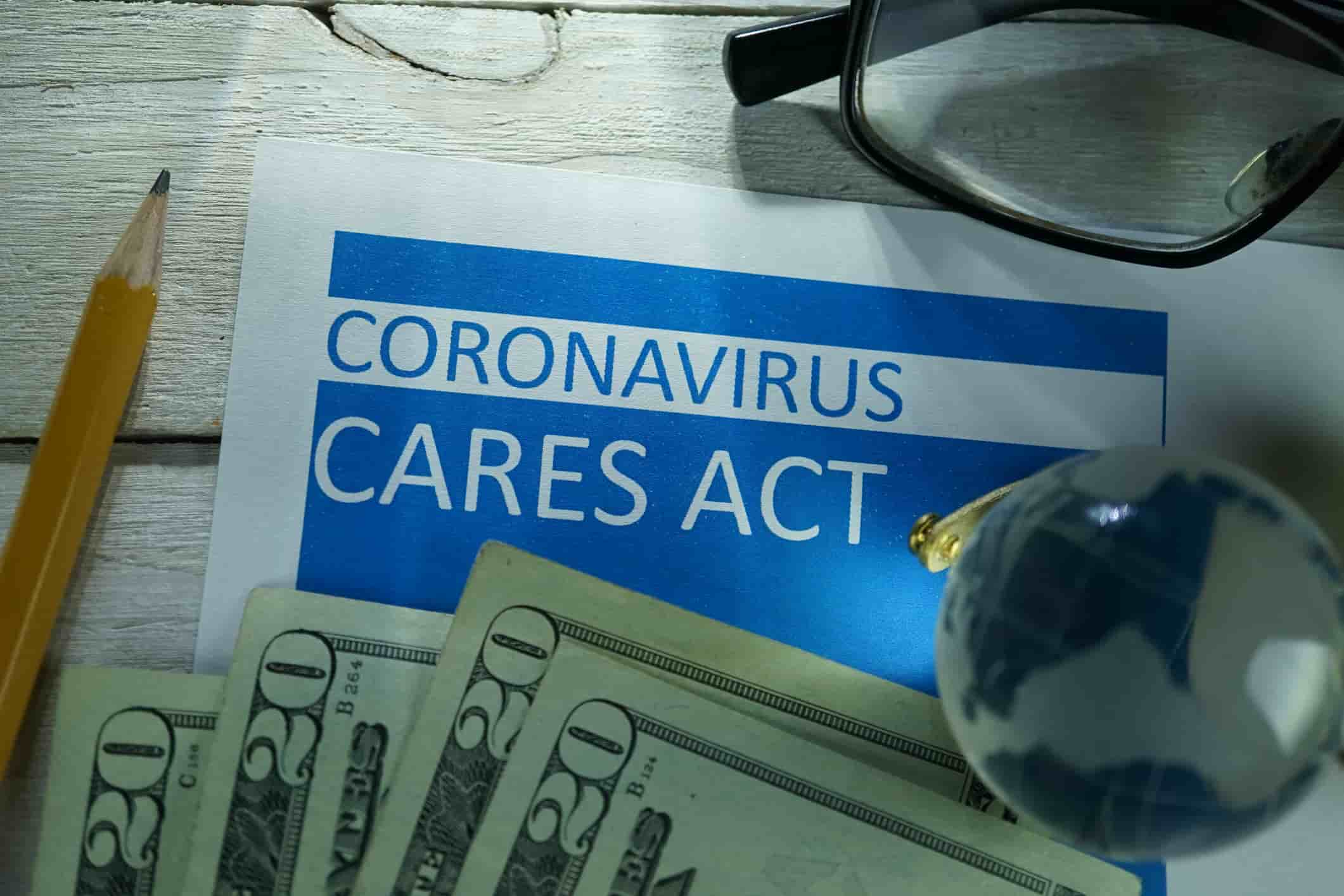
Written by
Drew Gieseke
Drew Gieseke is an aPHR®-certified marketing professional who writes about HR, compliance, and healthcare solutions.
COVID-19: How the CARES Act Changed HSA, FSA, and HRA Requirements

The Coronavirus Aid, Relief, and Economic Security Act (CARES Act) was passed on March 27, 2020, allocating $2 trillion in relief for American businesses and workers. Yet it also adjusted certain requirements for HSAs, FSAs, and HRAs that make it easier for people to pay for everyday medical care. Here’s what you need to know about these changes.
CARES Act in Action
The CARES Act may be best known as the historic relief package that deposited millions of $1,200 checks into Americans’ bank accounts and offered billions of dollars in loan funding to small businesses through the Paycheck Protection Program (PPP). But the law does more than distribute dollars.
Among the many changes implemented by the legislation, simple-yet-important tweaks were made to HSA, FSA, and HRA regulations. Users of these accounts may be familiar with the sometimes-frustrating limitations put on qualified expenses; the CARES Act amended these rules in three different ways.
What Three Changes Were Made to Employee Benefits Plans?
Each of the three main changes to medical spending accounts made by the CARES Act makes it easier for individuals with HSAs, FSAs, and HRAs to pay for necessary medicine and healthcare products. These adjustments are much-needed given the ongoing coronavirus challenges that families face.
The three changes include:
- Menstrual Care Products Are Now Qualified Expenses: HSA, FSA, and HRA owners can now use funds to buy items like tampons and menstrual pads.
- OTC Prescription Requirement Removed: The Affordable Care Act (ACA) previously mandated that a doctor’s prescription was required to pay for over-the-counter medicine using HSA, FSA, and HRA funds. The CARES Act removed this provision.
- High-Deductible Health Plans (HDHP) Cover Remote Medical Services: Telemedicine and other online medical services can be covered with HSA funds before a deductible has been met. Unless extended, this update will expire Dec. 31, 2021.
Changes 1 and 2 are permanent, effective retroactively beginning Jan. 1, 2020.
What's Next for Employers and HR Administrators?
There’s a good chance that your team isn’t aware of these new provisions. Change that. If your benefits package includes an HSA, FSA, or HRA, send out a communication detailing the updates and what they mean for employees moving forward.
The main takeaway? Workers now have more access to medical products with their HSAs, FSAs, and HRAs. If you or your team have any additional questions, we recommend working with your benefits brokers to address specific cases.
Read a full summary of the CARES Act here.

Written by
Drew Gieseke
Drew Gieseke is an aPHR®-certified marketing professional who writes about HR, compliance, and healthcare solutions.
Related Posts
We just wrapped up another phenomenal Weekdays with Bernie (WWB) Conference!
Employees are the heart and soul of an organization, and valuing their opinions can have...
HR parties of one already have an abundance of tasks to keep up with. From hiring to...
The talent search is no longer a skirmish or a battle. It’s a WAR! As a strategic HR...






Submit a Comment